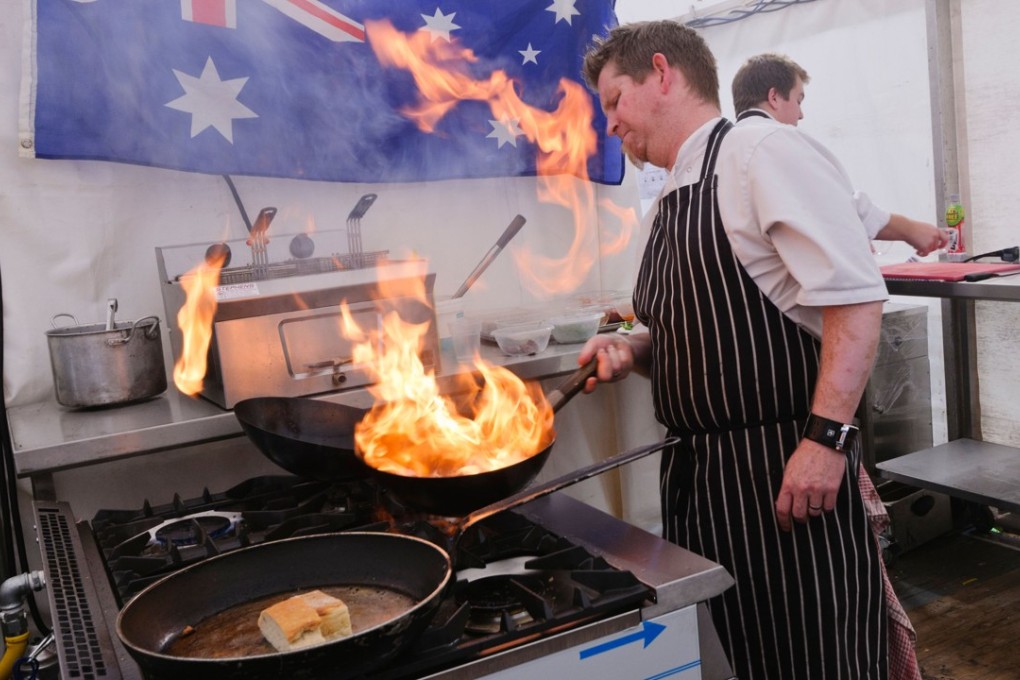Debunked! Kitchen facts and myths
Must you cook pasta in boiling water? And does chilling your eggs reduce the risk of infection? Food experts put these and other commonly held beliefs to the test

Mention the words “science” and “cooking” in the same sentence and the phrase “molecular gastronomy” springs to mind. Scientific techniques have added zest to high-end cuisine, but you don’t have to be using liquid nitrogen, spherification and the like to benefit. Home cooks can learn a lot from science, especially when it comes to knowing which bits of kitchen folklore are worth swallowing.
It turns out that many top tips make little difference, while others undermine flavour or even increase the risk of food poisoning. We’ve sifted through some of the most commonly promoted techniques, chewed over the science and put the tips to the test to figure out which should be saved and which should be thrown away.
Sear meat to lock in juices
Many chefs advise searing meat first at a high heat to trap moisture. But if you cook identical steaks to the same internal temperature, one that is roasted then seared is often juicier than one that is seared then roasted.
Why? Higher heat makes the muscle fibres contract more, forcing liquid out. A cold steak takes longer to sear in a hot pan than a steak that has been warmed in the oven, so loses more liquid.

Searing does boost flavour by browning the outside. This is caused by Maillard reactions: as sugars and amino acids react, usually under heat, they produce a range of flavour compounds that contribute to the distinctive tastes of everything from roast beef to popcorn. It is Maillard reactions that turn bread into toast and provide the savoury crunch of roast potatoes. But they also produce acrylamide – particularly in starchy foods cooked at high temperatures. In the body, acrylamide is converted into glycidamide, which can bind to DNA and cause mutations. In animal studies, consuming acrylamide has been shown to cause cancers.